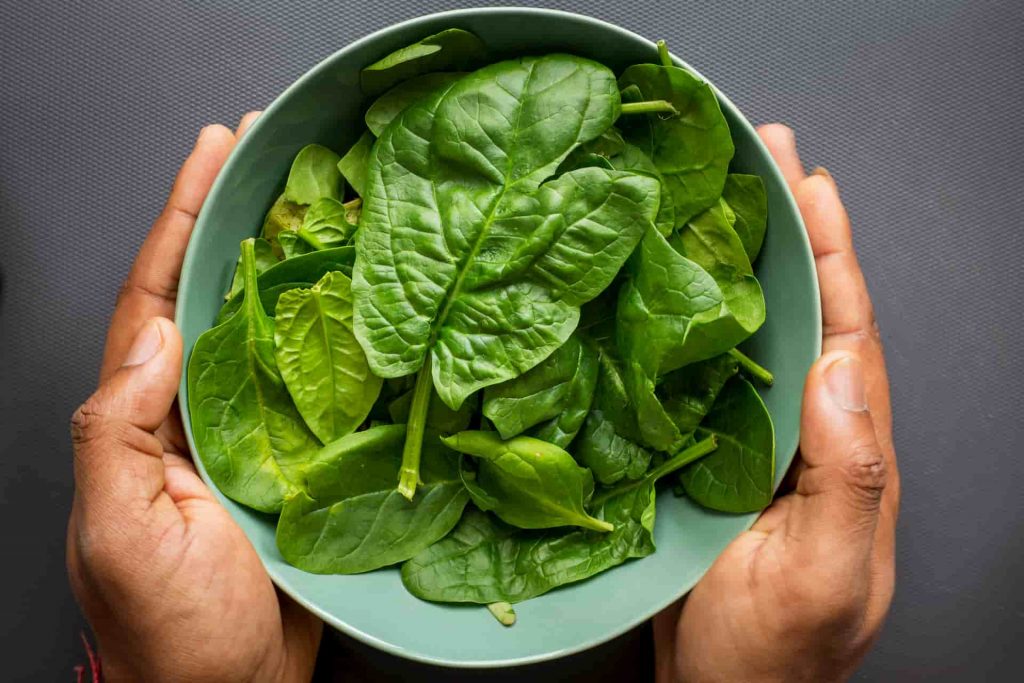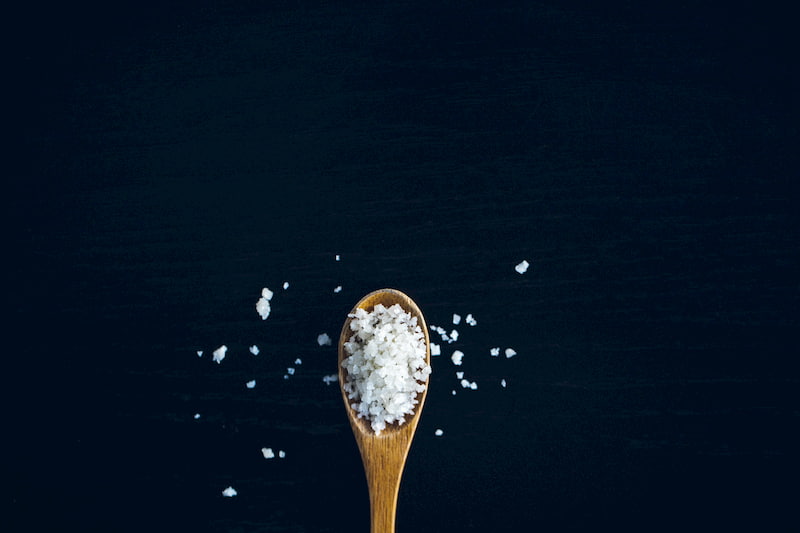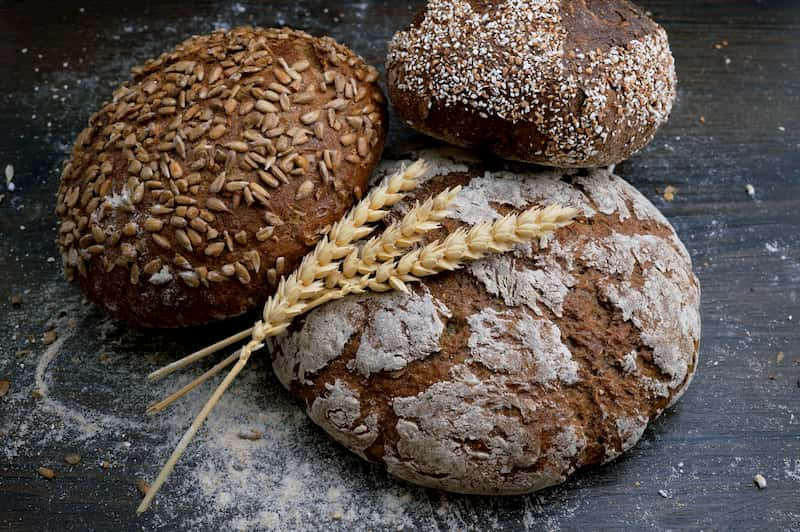
Veganism In Vogue!
More people than ever are dropping the meat and switching to a plant based diet. Here in the UK, we’re front-runners for this food revolution: some 600,000 of us are vegans, a fourfold increase since 2014 [1]. Vegan food is fast becoming a top takeaway option, Veganuary is picking up steam and Instagrammers country wide are being influenced by endless snaps of jack-fruit curries and avocado burritos. It’s not just a health fad though: for many, it’s a lifestyle.
The reasons for making the switch to veganism vary person to person. Ethical concerns with the meat industry are a prime motivator, as is the desire to make our diets more eco-friendly [2]. For others, it’s seen as a healthier option – a surefire way to get more veggies in our meals and avoid bloating ourselves with salty bacon and fatty cheese. With more and more of us converting to veganism, one has to ask: Is it really that easy?
Going Cold Turkey
Switching from an average omnivore to a strict vegan overnight is a dramatic dietary shift. For those making the change for health reasons, it can be tempting to think that simply skipping on sausages and having almond milk with your cereal is going to cure your ills! The truth is that dietary balance is key, and there is no exception for veganism. Dropping all animal products from your life is a big step, so you need to make sure you’re ready. Yes, veganism can provide you with a nourishing, balanced diet [3] – if you prepare, and make sure you’re getting the essential vitamins you might be missing otherwise. Find out more about the pro and cons of swapping to a strict vegan diet here.
Some vegans don’t bother making sure their diet is providing them with the essential vitamins and minerals their bodies need, and suffer as a result. Fortunately this can be avoided if you know what supplements to take and what foods to include in your diet. Let’s run down the essential supplements for a healthy meat-free lifestyle.
Vitamin B12
This vitamin is only found naturally in animal sources. As you can imagine, that poses a problem when it comes to vegan diets. In fact Vitamin B12 deficiency is quite common amongst vegans and vegetarians [4]. Not getting enough B12 leads to folate deficiency anaemia, which has a range of unpleasant health effects including nerve damage [5]. As it can’t be obtained from purely plant-based meals, vegans need to take steps to ensure they’re getting enough from other sources.
One option is to take B12 supplements, and it’s the option encouraged by most health authorities in order for vegans to get the recommended 1.5micrograms daily. In addition, many cereals are fortified with B12. It’s an easy option that vegans can use to get a B12 boost with their breakfast, but make sure to remember that fortified foods aren’t a replacement for direct supplements.

Iron
Speaking of anaemia, iron deficiency anaemia is one of the most common blood disorders. It can cause fatigue, pallor and heart palpitations – check out these 6 Common Anaemia Symptoms that you might have if you aren’t getting enough iron in your diet.
So why do some vegans struggle to get enough iron from their food? It comes down to a difference between two types of iron: heme iron and nonheme iron. Heme iron is found in meats such as liver and beef, while non-heme iron is found in plant foods. The problem is that non-heme iron is not absorbed as well by the body as heme iron [6], so vegans that aren’t getting enough iron from their diets might need to take supplements such as Ferrous Fumarate.
Vegans should make sure to eat plenty of iron rich foods such as pulses, dark leafy greens including broccoli and kale as well as wholemeal bread and flour.

Omega 3
Omega 3 fatty acids are fantastic for your heart. They’re generally associated with oily fish, a food rich in two kinds of Omega 3 fats: EPA and DHA. These two fatty acids are often referred to as marine Omega 3s, and they’re important for brain health and cardiovascular function [7]. As vegans can’t eat fish or take fish oil, the best marine Omega 3 supplement available is algae oil. Algae oil may actually be as good as salmon as a source of DHA [8].
The other form of Omega 3 is called ALA (Alpha-Linolenic Acid) which is actually found predominantly in plant foods. In addition, ALA can actually be converted in the body to those marine Omega 3s we talked about: EPA and DHA. The conversion isn’t entirely efficient though, so it’s still recommended that vegans take algae oil supplements.
Foods rich in ALA include chia seeds, brussel sprouts and walnuts.

Iodine
We need iodine to regulate our metabolism. Without it, our thyroid can’t function properly. Iodine deficiency can be really serious, particularly during pregnancy [9]. Vegans and meat eaters alike should be seeking out appropriate sources of iodine in their diets. If they don’t they could suffer from hyperthyroidism, known to cause weight gain, fatigue and unstable mood.
Most of the UK population get their iodine from animal sources, such as milk and fish. Plants can contain iodine, but it’s entirely dependant on the soil in which they were grown. Vegans generally struggle to obtain enough iodine from their diet alone [10].
Options are available. Seaweed can be a rich source of iodine, though it’s dependent on the region in which it is grown as well the exact type – Kombu Kelp is a popular choice [11]. Iodized salt can also be used as a dietary supplement, with around half a teaspoon a day meeting requirements. That being said, we need to keep an eye on our salt consumption. It might be best to stick with supplementation – 140 µg daily. Most good multivitamins will contain at least this amount.

Zinc
This mineral performs a whole range of essential activities in the body, from making new cells to healing wounds and processing protein. The best sources of zinc tend to be found in meats, shellfish and dairy. This can be troubling for vegans and even vegetarians, with many actually being zinc deficient [12]. Men should be getting 9.5mg of the mineral every day, with women needing slightly less at 7mg.
Although zinc is generally less well absorbed from plant sources, that doesn’t mean vegans can’t obtain it from their diet. There are a range of choices, including seeds such as hemp and sesame, whole grain bread and wheatgerm. Try and find ways to include them naturally in your daily meals, such as snacking on nuts or putting seeds in your salads.
Of course the most reliable way of getting enough zinc on a vegan diet would be through supplementation: taking zinc gluconate or zinc citrate tablets. Just make sure you are sticking to the recommended doses, 9.5mg daily for men (19-64 years of age) and 7mg daily for women. Taking too many zinc supplements can reduce the amount of copper your body can absorb, with the potential of leading to anaemia. So keep track of your intake!

Vitamin D
You don’t want to miss out on this vitamin, as it’s crucial for bone and muscle health. Lack of Vitamin D is the cause of infamous conditions such as rickets and osteomalacia. So what’s the best source? Actually it’s not something you can eat. It’s sunlight! During the Spring and Summer months you should be getting enough Vitamin D simply by standing in the sun’s rays – unless you’re a recluse! But during the darker months, we rely more on our food to get enough Vitamin D. Here’s where it becomes relevant for veganism.
Vitamin D isn’t found in too many foods, but it is found in animal products such as oily fish, liver and egg yolks [13]. All of those are off the menu for vegans, so we have to look for alternatives. There are foods fortified with Vitamin D such as fat spreads and some cereals. You should be including these in a vegan diet, but again they don’t compete with sunlight or animal sources. During the autumn and winter we might need to be taking Vitamin D supplements, particularly if you have darker skin. For adults, 10 micrograms a day should be sufficient.
You can find vitamin D and Calcium supplements easily online through e-Surgery, send one of our pharmacists a message using our Ask a Pharmacist service to find the best option for you.
Are My Supplements and Medication Vegan?
If you’re vegan for ethical or environmental reasons, you don’t want to be taking supplements or medications that aren’t vegan! Capsules and tablets can often contain animal products such as gelatin or lactose. Thankfully, there are plenty of supplements available that don’t contain animal products, as many manufacturers are aware of their vegan market.
Learn how to spot animal products in medication with our guide: Is My Medication Vegan?
Sources
- Veganism: Why are Vegan Diets on the Rise? | BBC News: Business
- Avoiding Meat and Dairy is ‘Single Biggest Way’ to Reduce your Impact on Earth | The Guardian: Environment
- A Balanced Diet for Vegans | BBC Good Food
- Vitamin B12 among Vegetarians: Status, Assessment and Supplementation | PubMed Central
- Vitamin B12 / Folate Deficiency Anaemia | NHS
- Iron Bioavailability and Dietary Reference Values | PubMed Central
- Omega-3 Fatty Acids EPA and DHA: Health Benefits Throughout Life | PubMed Central
- Algal-oil Capsules and Cooked Salmon: Nutritionally Equivalent Sources of Docosahexaenoic Acid | PubMed Central
- Health Consequences of Iodine Deficiency | PubMed Central
- Iodine Deficiency in Vegetarians and Vegans | PubMed Central
- Assessment of Japanese Iodine Intake Based on Seaweed Consumption in Japan | PubMed Central
- Effect of Vegetarian Diets on Zinc Status: A Systematic Review and Meta-Analysis of Studies in Humans | PubMed Central
- Good Sources of Vitamin D | NHS
Further Reading
- The Vegan Diet | NHS
- Meal Planning | The Vegan Society
- Vitamins And Minerals | NHS
- The Influence Of Vegan Diet On Bone Mineral Density | PubMEd







